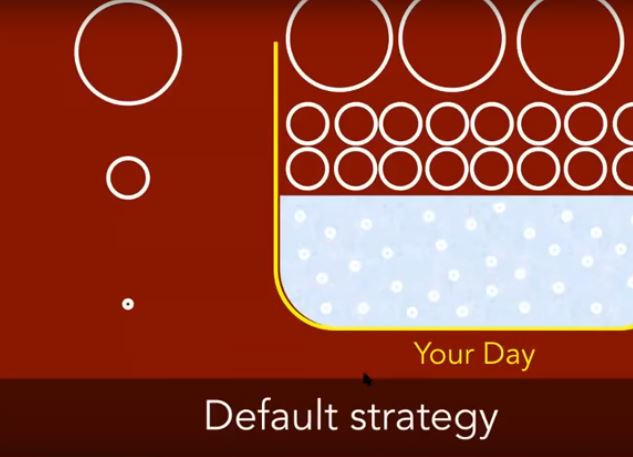Your Inbox is Not Your Master
-
-
slice.mit.edu
If your day is spent putting out metaphorical fires and struggling to keep up with email, you are not alone.
“If we invested our money the way we think about our time, we’d all be broke,” said Samantha Sutton PhD ’08 in the recent Managing Your Time Like a CEO Career Lunch and Learn webinar. “The problem is we are so frazzled about our time management, we don’t actually spend time managing it.”
You don’t need to be doing more to feel satisfied. You need to be satisfied with the things that are already happening.
Sutton—a life, career, and executive coach—suggests setting aside several moments each day to evaluate the day’s work, likening the process to packing a jar with rocks, pebbles, and sand, a metaphor from productivity writer Stephen Covey.

Just as it is difficult to pack a jar with rocks when it is already full with sand, the same is true of trying to tackle an important project when distracted by something of lesser importance, like email. “Pick the top three rocks for the day and be okay with letting the sand go,” she advises.
Sutton outlined five personality tendencies she calls “time beasts” that often undermine even the most organized worker. Gluttons will make a to do list that is impossible to complete and then feel let down when only half of the list is accomplished, while pleasers say yes to every task. Perfectionists spend 80 percent of their time on the last 20 percent of a project, and avoiders and free spirits procrastinate from doing work either out of fear or dislike of rules. Spoiler alert: most MIT alumni that participated in the webinar self-identified as perfectionists or gluttons.
The more decisions you have to make in a day, the worse your ability becomes.
What to do when you see one of these time beasts creeping into your day? Sutton encouraged her listeners to pause, recognize the behavior, and try to adjust course.
Keeping your mind in shape can also help you identify those proclivities and get back on track. Get plenty of sleep, stay hydrated, and avoid making important decisions at end of the day.
“The more decisions you have to make in a day, the worse your ability becomes,” said Sutton. She elaborated that former President Barack Obama famously never picked out his clothes because that was one less decision that could lead to fatigue. “What can you systematize to save mental energy?” she asked.
Sutton concluded by encouraging the audience to take a moment to celebrate daily successes. “You don’t need to be doing more to feel satisfied. You need to be satisfied with the things that are already happening.”
Watch the full recorded webinar here. Check out a playlist of past Career Lunch and Learns and register for upcoming career events.







